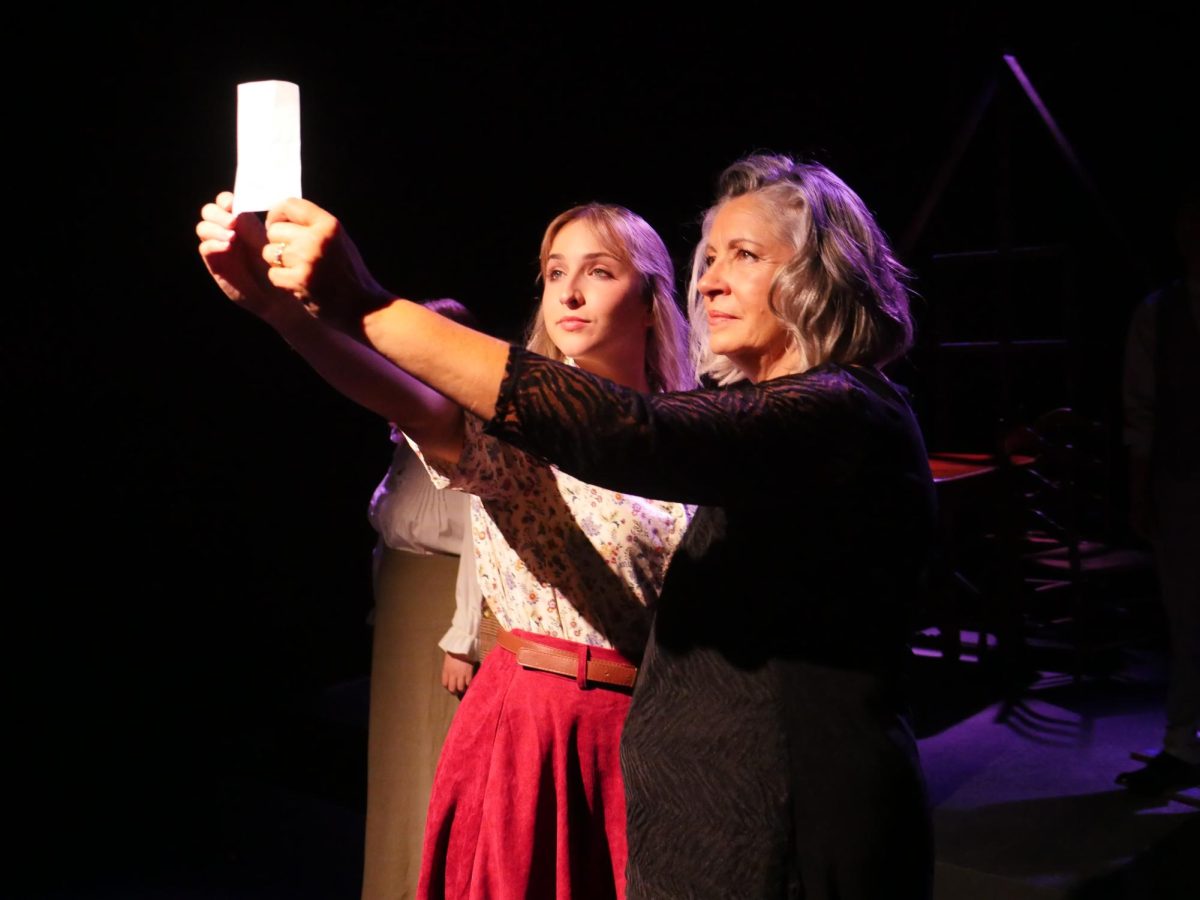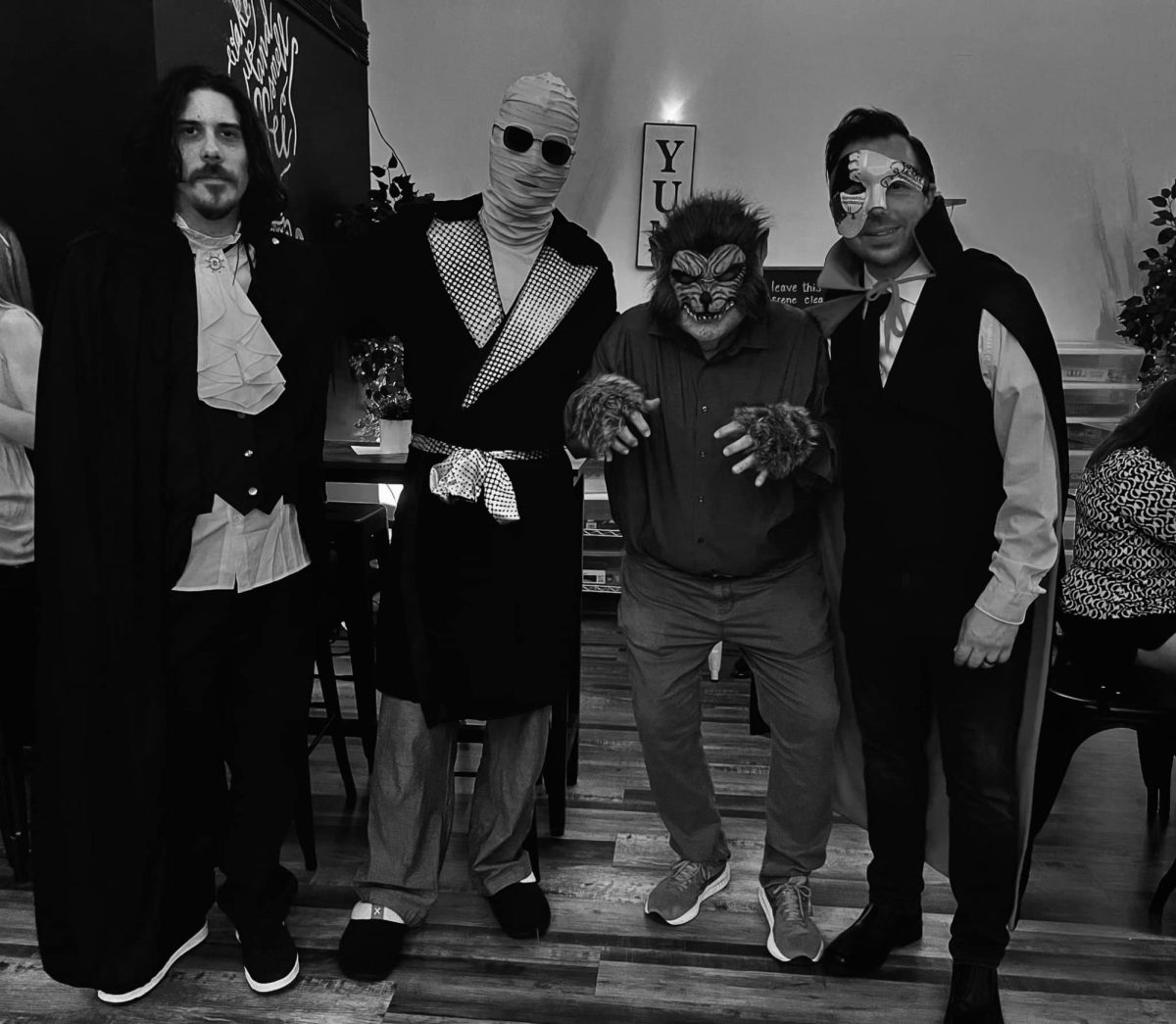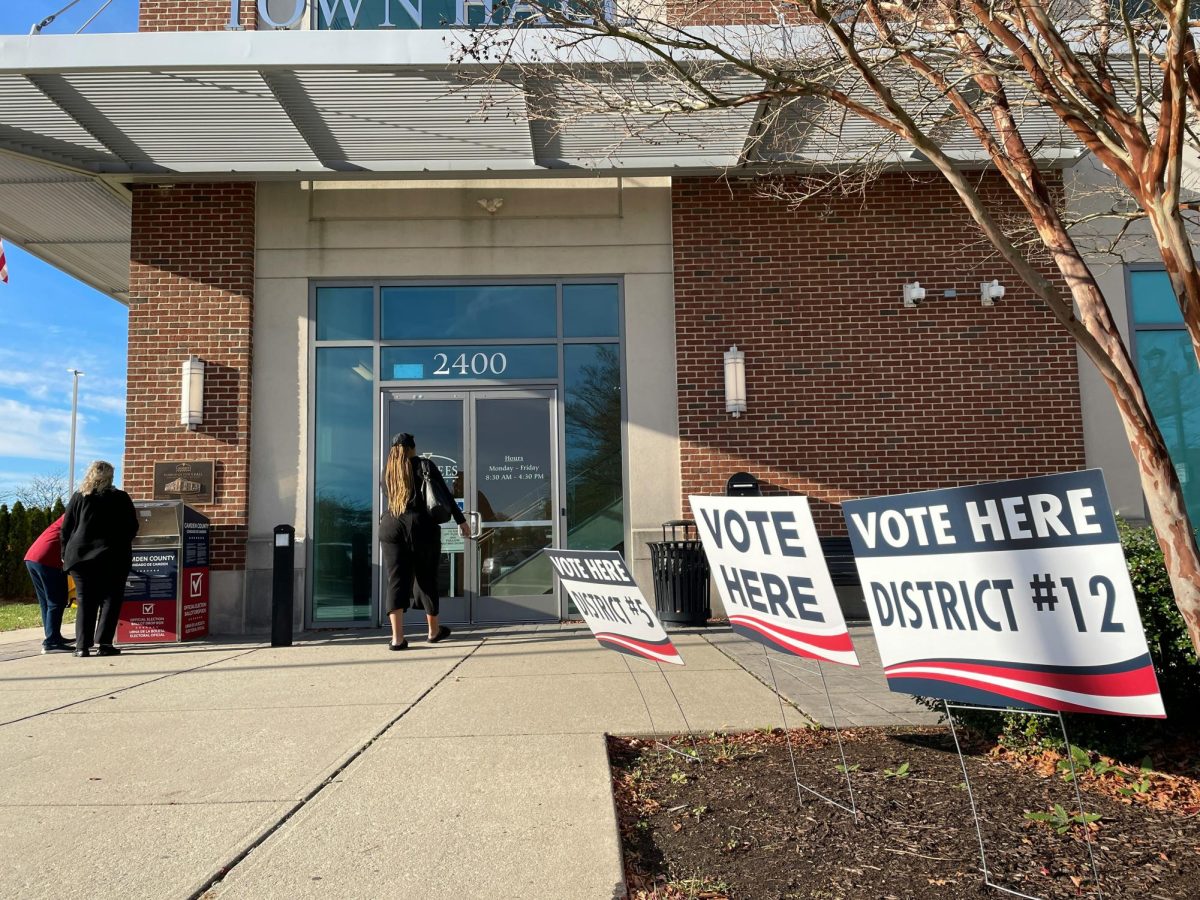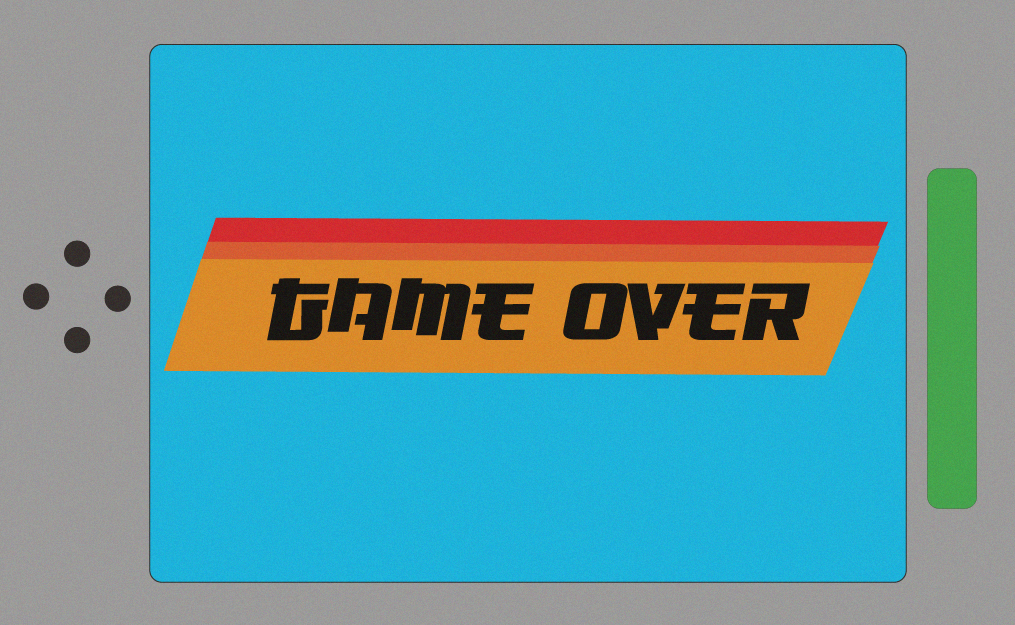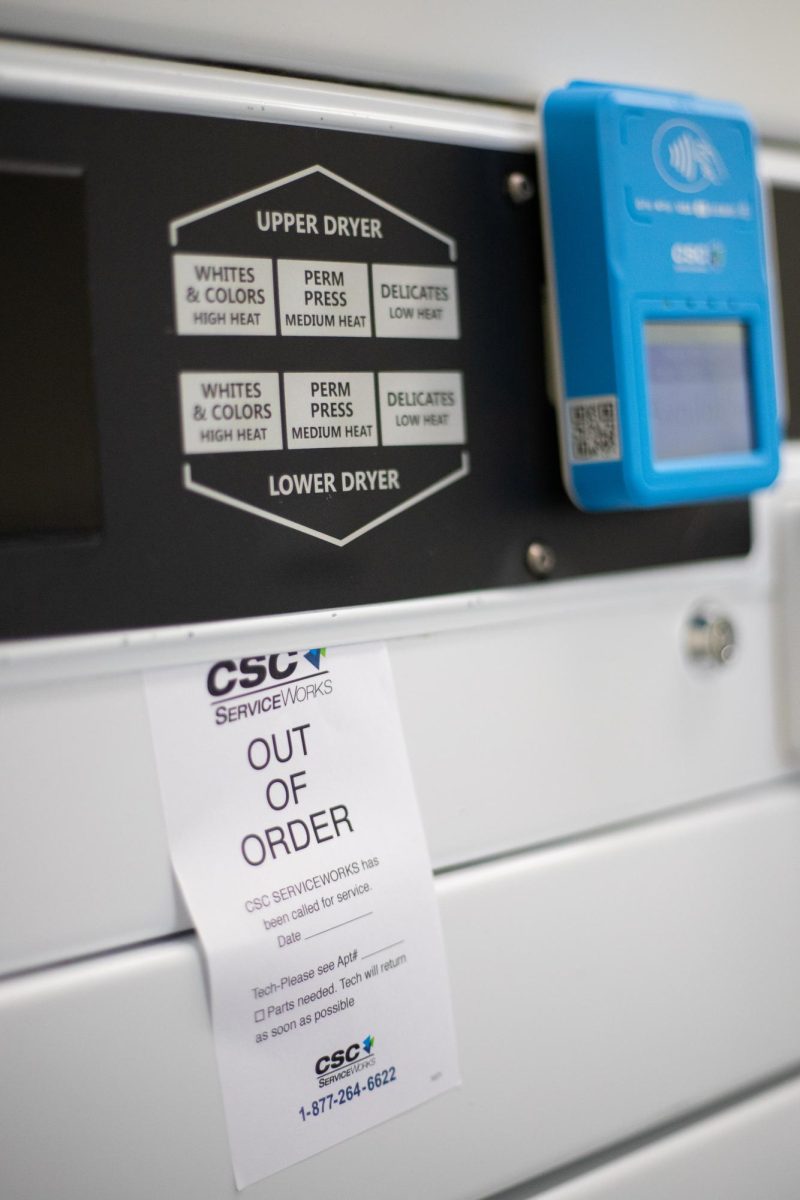The clearest memory I have of my grandma, who died four years ago, is watching her lying in her death bed with blisters and sores in her mouth, and begging me to give her some papaya juice.
Euthanasia comes from the Greek word euthanatos, which means “good death.” The etymology of the word describes the process accurately: it gives a little positivity to a painful process. Euthanasia can be defined as the act of taking someone’s life because they no longer wish to live, typically because of the presence of a terminal illness or excruciating condition. Euthanasia is the only thing that enables people to let go when they can’t take it anymore and enables others to remember their loved ones without the memory of watching them agonize through suffering.
Recently, voluntary euthanasia was legalized in California. It became the fourth state in the U.S. to do so. The question now is, what is Florida waiting for?
The doctors had forbidden my family and me to give my grandma the papaya juice or anything else to eat or drink for that matter. She had been admitted to the hospital a week earlier because of a high fever. A few days after being admitted, the doctors informed us her kidneys would fail soon and she was going to die.
At this point, when it is already known someone is going to die in the near future, they deserve to spend their last moments on Earth the best way possible. They should be able to choose when they want to let go instead of just waiting for their bodies to fail.
My grandmother would die soon, whether she left the hospital or not. The only difference was that, if she didn’t, she would spend her last moments alive complaining about her unbearable pain until, eventually, her body gave up on her. She didn’t even get the chance to decide what she wanted to do because the government had decided for her by declaring euthanasia illegal.
Not everyone is strong enough to ask for euthanasia to be applied to them. Personally, I don’t think I would be. However, pain and fear change people and there’s no telling what I would decide if I were told cancer will kill me in two years. What I do know is it’s my right to decide what I want to do with my life.
Even more than that, if I picture myself someday being asked by a relative or a good friend to give her or him a quick death, I want to be able to comfort them. I want to be able to say, ‘Yes, you don’t have to suffer anymore,’ without worrying about having to go to prison for it.
“I don’t believe that anyone should have the say over anyone’s life,” said Jessica Simone, a sophomore biology major. “Even if the person wants to be euthanized, it would be assisted suicide.”
Simone believes that “life is a something so delicate to just decide to end.”
I think pain is something so terrible that, if we are given the possibility to just end it, we should at least be able to do so under the law.
“Personally, I would rather just die than live my life in pain,” said Alana Dellamonica, a sophomore majoring in criminal justice. “It would be awful to know some sickness is going to just kill me any time soon.”
Death is a taboo in our society nowadays, but it doesn’t have to be. People die every day, and that’s shocking and horrific, yes. Nevertheless, if we had to decide between limiting the bad part of it or not, the answer is clear: Limit the pain and debt to the minimum amount possible.
The legalization of euthanasia wouldn’t mean it is mandatory and prescribed to every citizen with an illness, but it would definitely mean those who do want it won’t have to face consequences with the criminal justice system because of it.
The legalization of euthanasia will allow people to save a lot of money, avoid a lot of pain and — most importantly – empower them to make their own decision.


